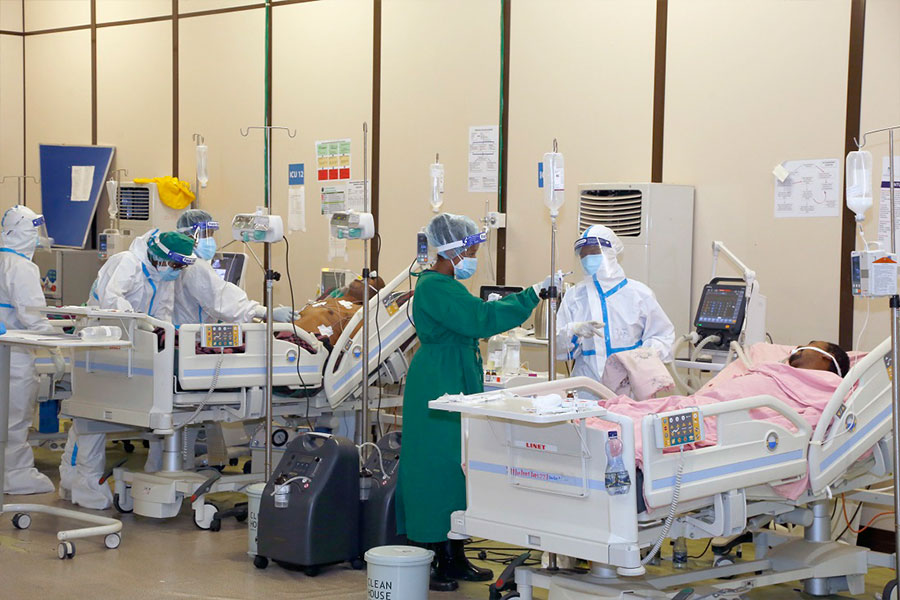
Agenda | Apr 03,2021
Apr 6 , 2019
By Tilaye Nigussie ( Tilaye Nigussie studied environmental management and has over a quarter of a century of experience working with various national and international organisations inside and outside of Ethiopia. He can be reached at tilaye.nigussie@gmail.com. )
In an opinion piece in this publication headlined, “PM Abiy Should Look at Economic Problems as Well,” it is suggested that the Prime Minister’s administration needs to focus on transitioning the economy to ensure social stability by creating jobs and reducing inflation.
It further suggests economic inclusion and growth are essential for political freedom to be meaningful, arguing that the ongoing political transition needs to be accompanied by reactivating the increased engagement of the private sector.
The ideas the opinion piece spells out could be pertinent in a stable political situation. However, despite being one of the fastest-growing economies, the weak state of the country’s macroeconomy, inflation currently exceeding a single-digit figure, a rising debt burden, a shortage of foreign currency and declining export revenue, high unemployment and underemployment pose considerable challenges.
However, the idea that these problems deserve the attention that is anywhere on par with the political challenges of Ethiopia is hard to justify. Putting the economy at the forefront of the country’s agenda before addressing existing and emerging peace, security and stability issues is the reverse of what Ethiopia needs at this juncture.
Given a weakened fragile state of law and order, anarchism, unrest, insecurity, instability and the displacement of millions of Ethiopians, boosting the ailing economy primarily requires social stability. This means clearly identifying and prioritising political, economic and social problems and sequencing the implementation of appropriate solutions.
This is not to say economic growth should be stalled. But peace, security and stability are prerequisites for economic growth. As we have witnessed over the past few years, social unrest negatively impacts growth, the flow of direct foreign investment (FDI), tourism and exports. In this regard, we need to promote the importance of prioritising and sequencing the execution of the change agenda as citizens of a troubled but hopeful country.
Highlighting the importance of peace, the United Nations Economic Commission for Africa (ECA) believes “the existence of peace, security, stability and good governance is a prerequisite to achieve sustainable economic development.”
This indicates that the ultimate goal of economic growth is to achieve human development, which requires social stability.
Following the advent of the Arab Spring and its aftermath, the Shoora Council of Bahrain struck on a pertinent matter.
“Peace and stability are of high importance in promoting economic development of individuals and society at large, and that political stability is the key to progress and development, as it affects all aspects of security, economic and social development in a community … security and stability have direct, long-term effects on the creation of a sound, competitive economic environment that have positive impacts on citizenry and society as a whole … No country can develop and grow economically without peaceful coexistence among its population,” the Council insisted.
This is relevant to Ethiopia too. In the drive to establish peace, security and stability, the importance of inclusive dialogue cannot be overemphasised. It is important to realise that change is a process, and it should be considered as important as the outcome of the transformation that we envisage for Ethiopia.
It is also important to recognise that our country is in a transitional reform process that we hope shall take us to the state of freedom, equality, justice and prosperity we have aspired for over many generations.
This calls for unity of purpose and more societal cohesion than less of it. The less it is, the more it creates political, economic and social disruption, which are detrimental for economic growth.
Thus, first things first. Let us contribute to institutionalising peace, security and stability, without which no policy prescription would relieve the nation from a potential stagnation of its economy. It is only by creating a stable political environment that Ethiopia can create the conditions for propelling its economy and building the foundations for social development.
PUBLISHED ON
Apr 06,2019 [ VOL
19 , NO
988]

Agenda | Apr 03,2021

Editorial | Feb 22,2020

Viewpoints | Jun 21,2025

Fortune News | Jun 15,2019
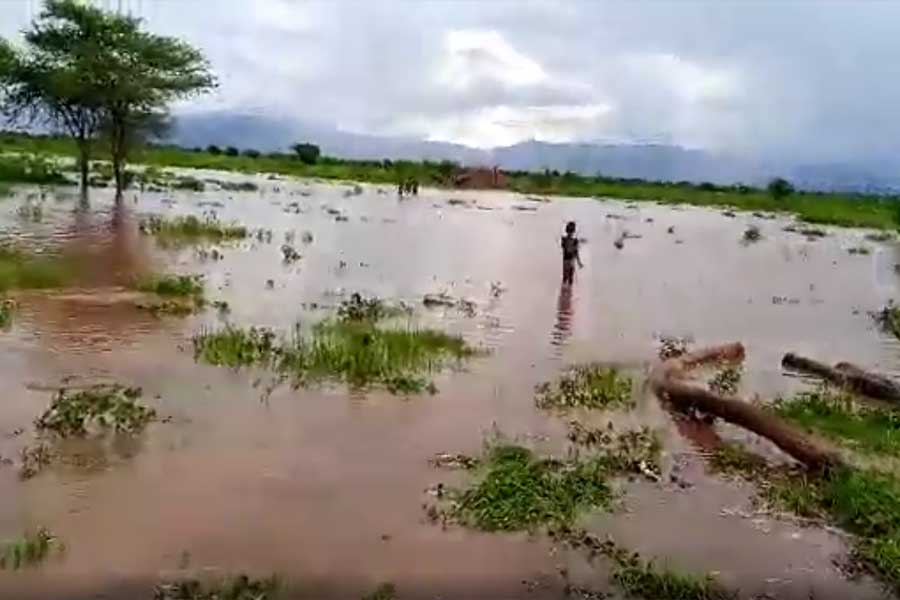
Covid-19 | May 31,2020

Editorial | Oct 23,2021

Advertorials | Sep 15,2023
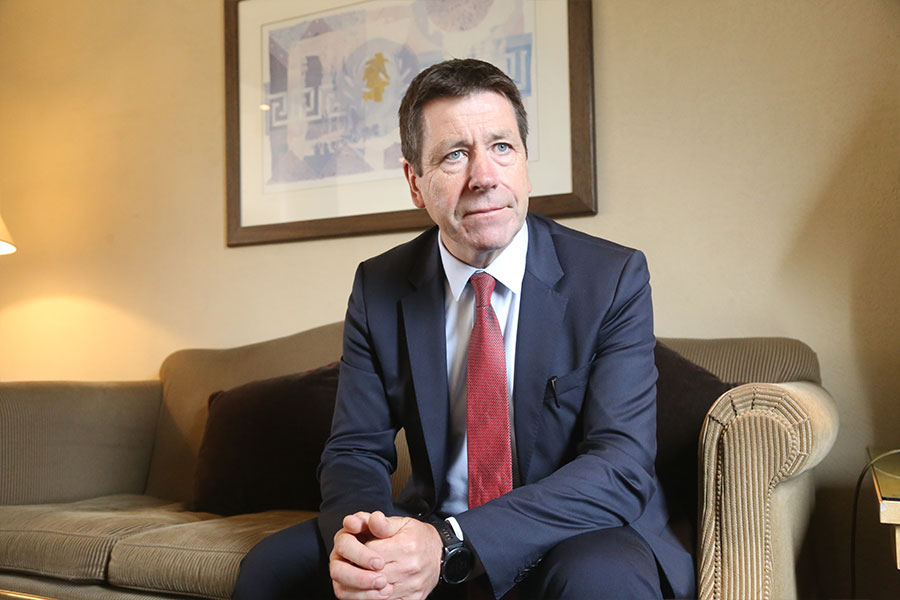
Addis Fortune | Aug 01,2022
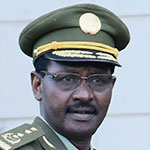
Verbatim | Oct 10,2020
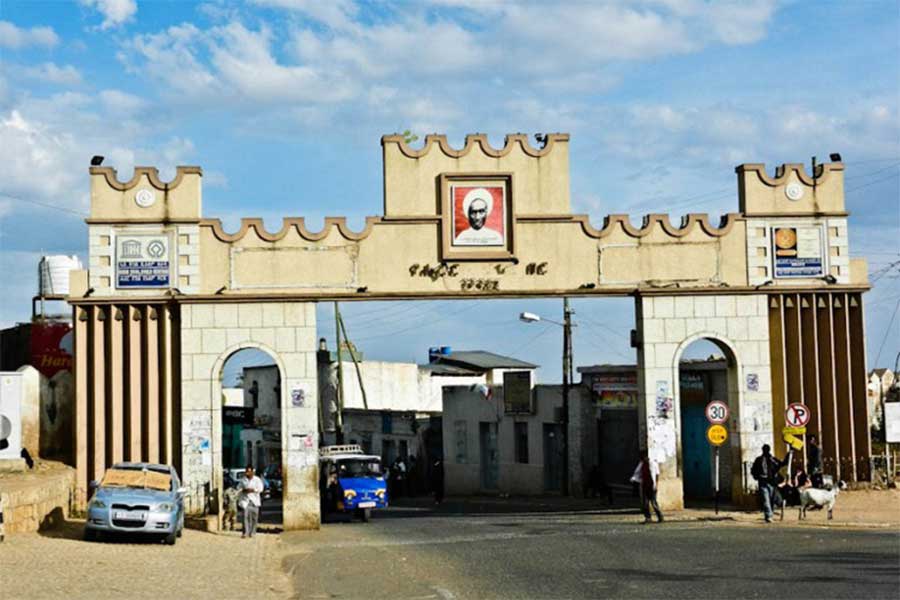
Fortune News | Sep 27,2020

Dec 22 , 2024 . By TIZITA SHEWAFERAW
Charged with transforming colossal state-owned enterprises into modern and competitiv...

Aug 18 , 2024 . By AKSAH ITALO
Although predictable Yonas Zerihun's job in the ride-hailing service is not immune to...

Jul 28 , 2024 . By TIZITA SHEWAFERAW
Unhabitual, perhaps too many, Samuel Gebreyohannes, 38, used to occasionally enjoy a couple of beers at breakfast. However, he recently swit...

Jul 13 , 2024 . By AKSAH ITALO
Investors who rely on tractors, trucks, and field vehicles for commuting, transporting commodities, and f...

Oct 25 , 2025
The regulatory machinery is on overdrive. In only two years, no fewer than 35 new pro...

Oct 18 , 2025
The political establishment, notably the ruling party and its top brass, has become p...

Oct 11 , 2025
Ladislas Farago, a roving Associated Press (AP) correspondent, arrived in Ethiopia in...

Oct 4 , 2025
Eyob Tekalegn (PhD) had been in the Governor's chair for only weeks when, on Septembe...